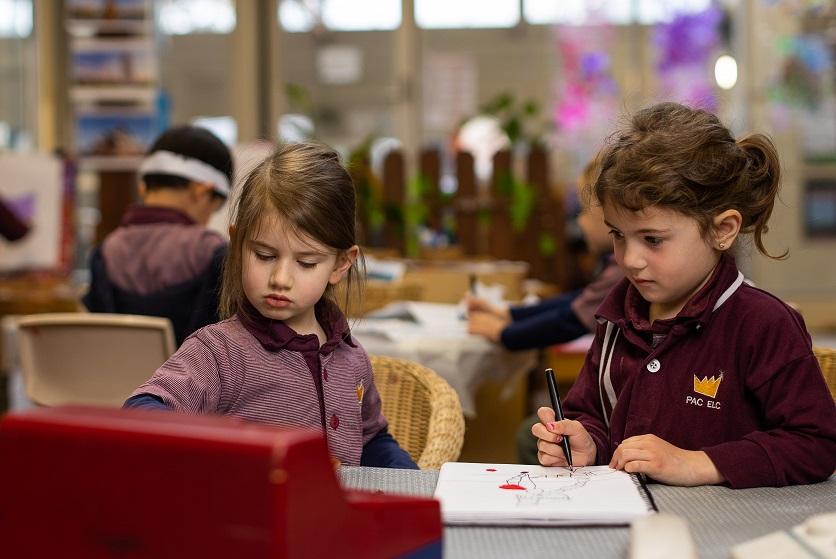
While successful transitions can better prepare children to handle challenges they may encounter, there is also evidence linking good transitions to academic success in later years. Children from disadvantaged backgrounds can benefit significantly from effective transitions, which can lead to positive life trajectories.
We know transitions require continuity of learning and development, in addition to focusing on building and shaping children’s identities through their evolving experiences and relationships. These are strengthened through coordinated efforts, such as collaborative partnerships with families and communities.
The relationship between families and educators is critical to ensuring children begin their school journey with success. High-quality programs and experiences recognise and value children's backgrounds and individual characteristics. They offer flexibility, use a strengths-based approach and incorporate cultural responsiveness.
The Australian Education Research Organisation (AERO) will work with practitioners and educators in ECEC to further understand what contributes to effective transitions. We will investigate how to measure and evaluate transitions, to reduce the potential disconnect between ECEC and school. We will also aim to provide clear guidance and resources to support targeted groups, such as best practice for supporting children with disability and developmental delay as they transition to their first year of schooling.
AERO would like to hear from you. Please let us know if you have facilitated successful transitions for children from ECEC to school. This includes transitions for children from Aboriginal and Torres Strait Islander backgrounds, or children with disability or who are experiencing developmental delay.